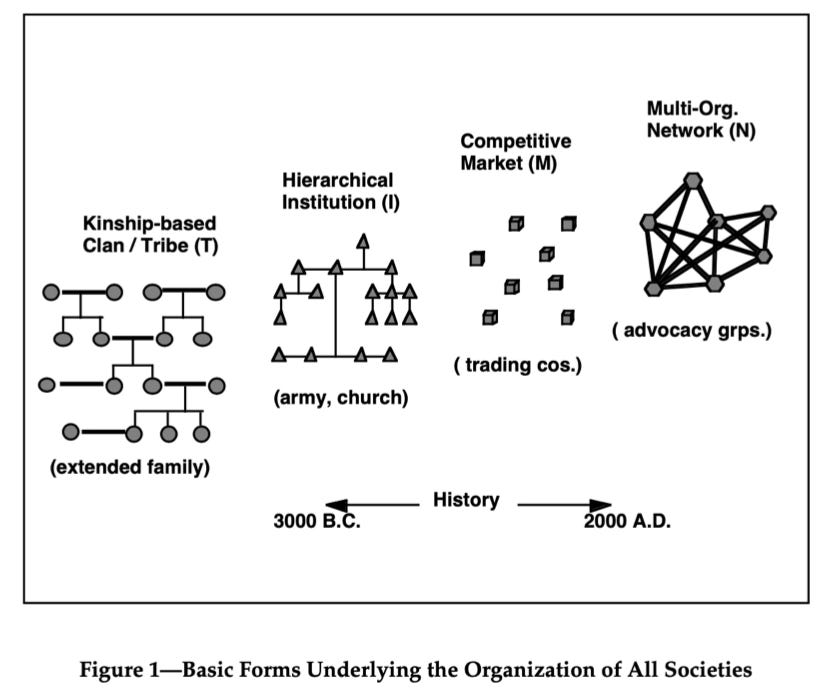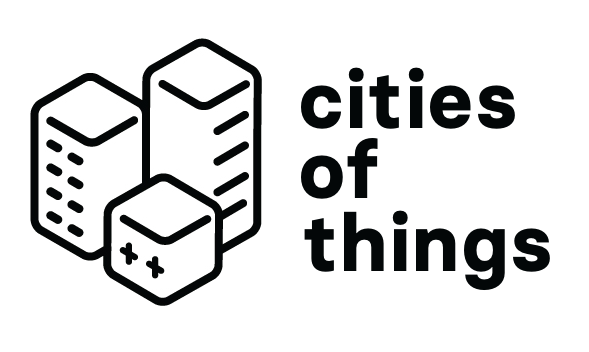Thanks for subscribing. In this monthly newsletter I dive deeper in one of the articles that relate to Cities of Things that I collected in my weekly updates of last month. This month I explore the relations of DAOs and Cities of things.
Check also the website Cities of Things to be update on latest research and other activities. Like the master graduation thesis from Peicheng Guo on predictive behaviours of vacuum robots.
A lot is discussed about DAOs, the decentralized autonomous organization, and last months a couple of interesting articles passed by. In A Prehistory of DAOs Kei Kreutler is looking into what to learn from different earlier types of organizations: “DAO comes from imagining how features of decentralized technology, such as global digital assets, censorship resistance, and automated actions, will change how organizations operate.” It is mainly an organizational form for shaping organizations and processes to deal with decision-making. A basic element of the DAO is the governance mechanism and operating principles. In further exploration, interesting connections are made with gaming environments and a form of guilds. All focused though on the organization of humans in organizations.

Figure taken from article “A Prehistory of DAOs”. Does the notion of intelligent things fit this TMIN model of David Ronfeldt?
The article touches on a new type of actors and is wondering if the A of DAO is really lived up to. Virtual beings are introduced as representations. Still not really acknowledging a kind of agency for the nonhuman. I am wondering what the impact would be when things become part of the organization.
This connects well to a lecture I watched a lecture of Bruno Latour held last November for Spinoza Prize. He reflects on his own concept of Parliament of Things that we knew almost as well as his Actor Network Theory. He thinks it is outdated as the concept of parliaments is under pressure in so many places. A new understanding of collectives is necessary that replaces societies. That includes nonhumans as active parties. Nonhumans are not waiting for rights, they are taking them, requesting it, with Covid and climate change as the signature examples. An example also is the so-called North Sea Pledge states that the North Sea owns itself. What does that mean? Do we need to ask permission to use the sea?
He warns not to mix up the term nonhumans with objects. It is not the same at all. It is much more a fight, a war, a dispute, a tragedy. Also resulting that it is too late to act. It is not a revolution on hand, it has happened, we need to repair it. We need to have a notion of dependencies, which is different from identities.
I think it is valuable to connect these concepts. What if we build the DAOs with the nonhuman actors as part, even as ruling actors almost. How does that shape the places we live, we interact. Are these places the physical places still? We cannot escape by leaving the earth behind and go into space, we have to deal with it here. But is the new place formed in the virtual connections the way to break out of the current system and organization and rebuild into different organizations? What kind of connections do we need to have with our physical anchors, our touchpoints being grounded? How much will these new places being organized by a distributed autonomous parliament of things, a set of relations?
A lot of questions. That is the start. I am not aiming for answers here, but it would be great to find ways to explore these questions.
Via a podcast conversation of Julian Bleecker with Tina He I landed on an earlier post of her, discussing “new frontiers of belonging”. The reflection on the idea of “place” is a good start.
The Internet challenged the idea of a “place” since the very beginning and has done so at an accelerated rate with the advent of AI. The platforms’ algorithm effectively sorts people into invisible towns, and channel goods and services to the towns that’d need them the most. The invisible place that the New York photographer and the Tokyo game designer reside in, if made visible physically, consists of hundreds of thousands of people going about their day around the world. Without ever physically interacting with one another, they are all “hyperlocal” to the same “place”.
It is an old quest; what is a place in digital. And how is this a different world in the sense of Latour’s reflection? Do we build new organizations on top of our physical space or is it a virtualization? Especially in the cities of things new ensembles of things and networks form the fundament for a new organization, the new collectives organized -maybe- in the form of decentralized autonomous organizations. Organization of things, of collections of things and humans. The deconstruction of city layers and reshuffling interactions feels like a need for DAOs, as long as these are extended to the human and nonhuman city inhabitants.
